SEARCH EVENTS

- This event has passed.
Counting on connectivity: measuring digital inclusion for First Nations Australians in 2025
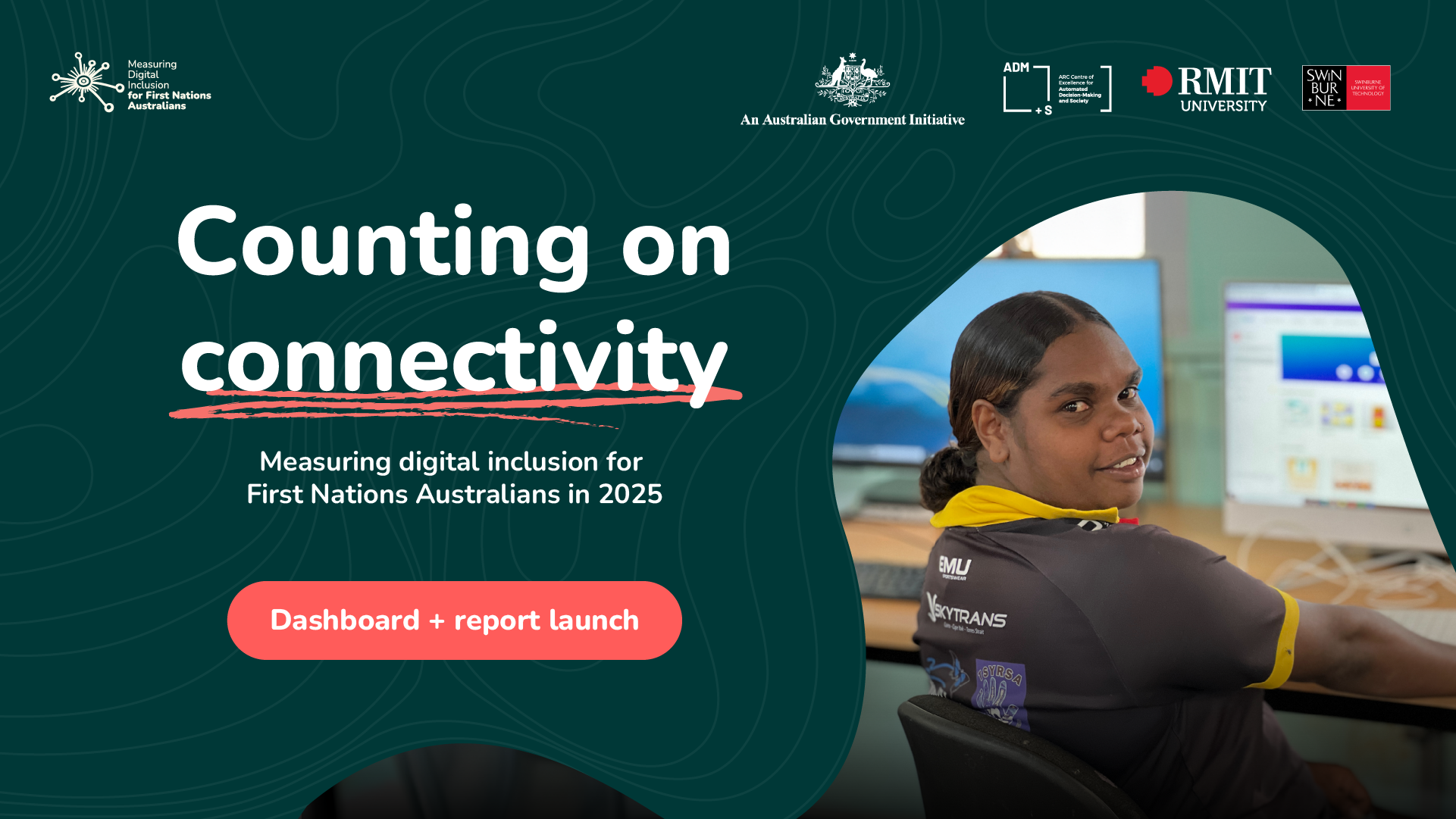
Building the evidence for keeping families, communities, languages, and cultures connected in an increasingly online world
Join us online as the Hon. Anika Wells MP, Minister for Communications and Minister for Sport, launches our report and interactive dashboard showcasing the first in-depth national comparative figures on First Nations digital inclusion.
The research is guided by First Nations governance and partnerships and draws on the voices of nearly 3,000 Aboriginal and Torres Strait Islander participants across the country. The findings build a strong evidence base for community-led solutions and digital self-determination, supporting First Nations empowerment and control over how communication technologies, media, and information are accessed, used, and shared.
First Nations organisations, government, industry partners, and the public are invited to register to:
- Discover the scale and nature of the digital gap between First Nations Australians and non-First Nations Australians.
- Hear how digital participation and inclusion varies across the country, shaped by place, income, age, disability, education, housing, and languages spoken at home.
- Explore the new interactive data dashboard, enabling First Nations people, communities, and organisations to interpret and use the data in ways that reflect their own needs.
- Learn from First Nations partners, the research team, and policymakers about how this evidence can guide practical community-led solutions and national policy and programs to help close the digital gap and support digital innovation.
This milestone marks a critical step towards being able to measure progress of Outcome 17 of the Closing the Gap Framework.
About this research
The research project Measuring Digital Inclusion for First Nations Australians is hosted by the RMIT and Swinburne nodes of the ARC Centre of Excellence for Automated Decision-Making and Society (ADM+S) and funded by the Australian Government. The project measures digital inclusion for First Nations people nationally and tracks changes in the scale and nature of the digital gap relative to non-First Nations Australians.
PRESENTERS
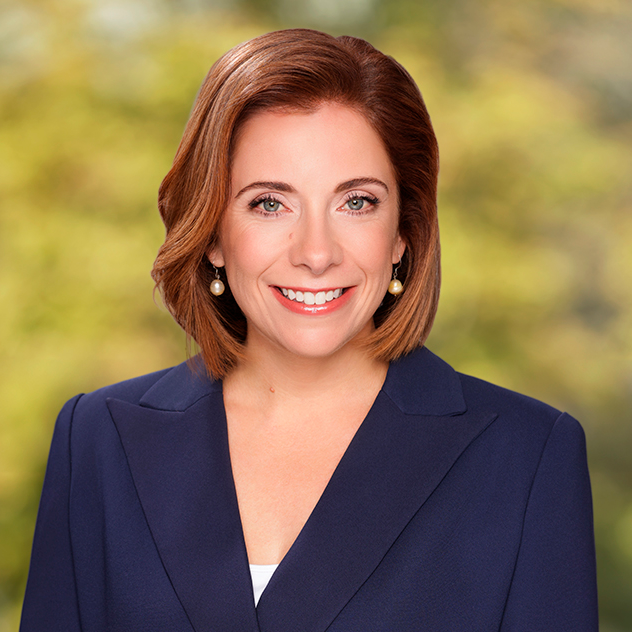
The Hon Anika Wells MP
Minister for Communications, Minister for Sport
Minister Wells was elected to the House of Representatives for Lilley, Queensland, in 2019 and re-elected in 2022.
Wells was first appointed Minister for Aged Care and Minister for Sport in 2022, elevated to Cabinet Minister from January 2025 and appointed Minister for Communications and Sport from May 2025.
Minister Wells has led major government reforms, including a once in a generation, human-rights centred, Aged Care Act and now leads the Government’s historic social media law reform. The Minister has also implemented transformative gender equity policies in sport and is part of a government that delivered a record amount of funding for athletes with a disability.
Minister Wells has also has previously held a number of parliamentary committee roles serving as Deputy Chair of House of Representatives: Standing Publications from 2019 to 2022; Privileges and Members’ Interests from 2019 to 2022; Joint Select committee: Parliamentary Standards from February 2022 to April 2022; Joint Standing: Northern Australia from 2019 to 2021; Northern Australia served as Deputy Chair from 2021 to 2022.
The Minister studied at Griffith University completing a Bachelor of Laws with Honours; a Bachelor of Arts Political Science and Government and was a practicing Lawyer at Maurice Blackburn from 2014 to 2019.

Dr Dot West OAM (Noongar)
Co-Chair
First Nations Digital Inclusion Advisory Group
Ms. Dorothy (Dot) West OAM is a Noongar woman from the south west of Western Australia, with ancestral ties to the north and has been living and working in the Kimberley region since 1977.
Ms West is a director of Broome-based Goolarri Media Enterprises and its production arm, Ramu Productions, and is known for her writing on The Heights, Little J & Big Cuz, and The Circuit, which she also co-produced.
Ms West is the inaugural chair of the First Nations Digital Inclusion Advisory Group. Ms West has served on Screenwest’s Industry Advisory Group and WA’s Screen Industry Diversity and Inclusion Leadership Group, as well as on the boards of SBS, NITV, Screenwest, the Australian International Documentary Conference, the National Indigenous Radio Service and as chair of First Nations Media Australia.

Professor Anthony McCosker
Chief Investigator
ADM+S Centre
Australian Digital Inclusion Index
Anthony McCosker, PhD, is Professor in Media and Communication, and Deputy Director of the Social Innovation Research Institute at Swinburne University of Technology, Melbourne, Australia.
He researches the impact and uses of social media and new communication technologies, with a focus on digital inclusion and participation and data literacy.
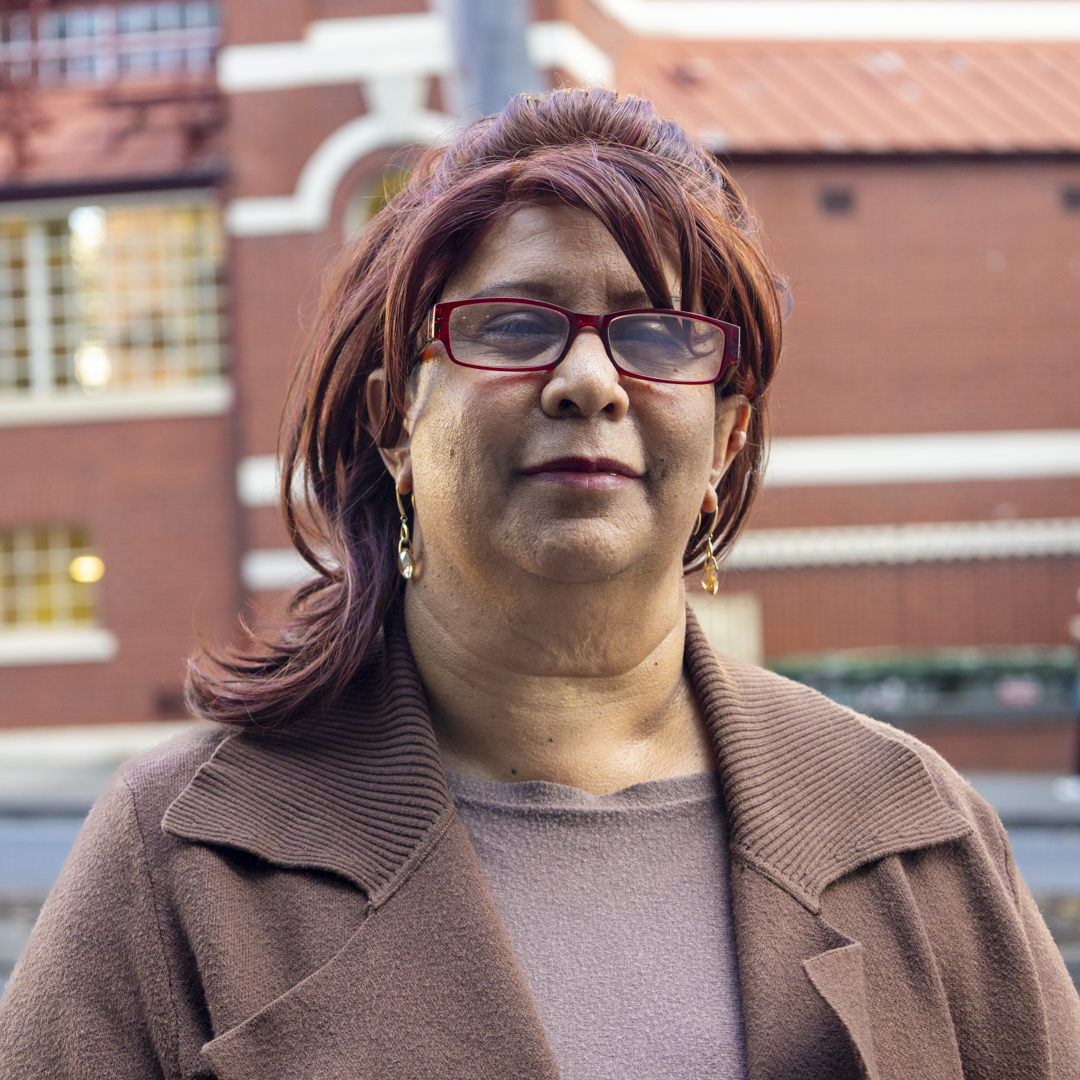
Yasmin Johnson (Wulgurukaba, Ngaro, Gooreng Gooreng – QLD)
Research Support Officer, RMIT University
Founder / CEO, Maburra Collective Inc.
Yasmin Johnson is a proud Wulgurukaba woman from Yunbenun (Magnetic Island) with ancestral and family ties to the Ngaro and Gooreng Gooreng peoples of the Whitsunday, Gladstone, and Bundaberg regions. With over 20 years of experience in the social services sector, Yasmin is recognised for her leadership in domestic and family violence (DFV) reform, Aboriginal-led healing programs, and First Nations research. Her current involvement in the First Nations Digital Inclusion Projects reflects her ongoing commitment to embedding cultural approaches within policy, data, and governance reform.
As Founder and CEO of Maburra Collective Inc., Yasmin leads strategic policy, program design, and governance development across the justice, DFV, and family wellbeing sectors. Yasmin also currently contributes nationally as an Independent Aboriginal and Torres Strait Islander Member of the Data Policy Partnership (Coalition of Peaks) and holds an editorial appointment with the Journal of the Australian Indigenous HealthInfoNet. Yasmin was awarded the 2025 Boundless Indigenous Writers Mentorship through Writing NSW for her creative nonfiction manuscript exploring intergenerational storytelling and truth-telling.

Associate Professor Daniel Featherstone
Principal Research Fellow
RMIT University
Daniel joined the ADM+S Centre in April 2021 to lead the ADM+S / Telstra Mapping the Digital Gap project, mapping digital inclusion and media use in partnership with remote First Nations communities across Australia. This research has expanded to include the Commonwealth-funded Measuring Digital Inclusion for First Nations Australians project, tracking changes in the scale and nature of the digital gap in urban, regional, and remote Australia.
Daniel was previously General Manager of First Nations Media Australia from 2012-19 and Archiving Projects Manager to April 2021. He managed Ngaanyatjarra Media from 2001-2010, supporting media and communications programs in the Ngaanyatjarra Lands of WA. Daniel has a PhD on evaluation and policy in Indigenous media and communications.
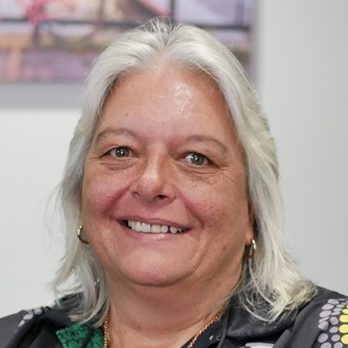
Sharon Barnes
Director in Public Affairs Indigenous Research Unit
Ipsos Social Research Institute
Sharon Barnes is the Director of the Ipsos Aboriginal and Torres Strait Islander Research Unit (ATSIRU) residing on Birpai country in NSW. With over 30 years of experience in research and community engagement, Sharon is very experienced in conducting large research and evaluation projects with Aboriginal and Torres Strait Islander peoples, organisations, and communities.
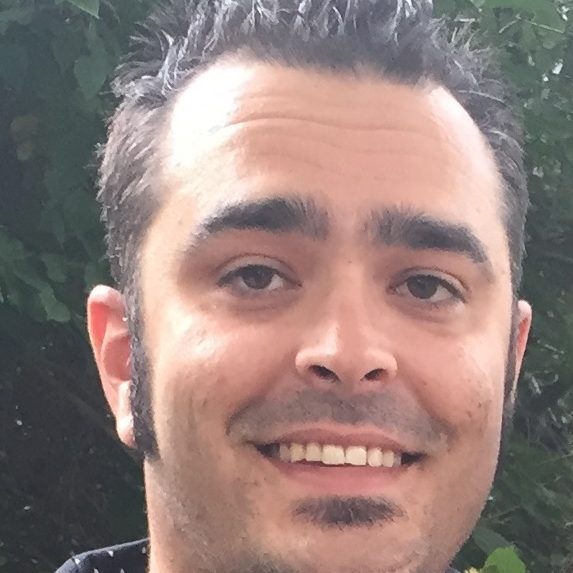
Michael Barnes (Ngunnawal)
Associate Director in Public Affairs Indigenous Research Unit
Ipsos Social Research Institute
Michael Barnes is a Ngunnawal man residing on Birpai country, NSW. With extensive experience in both qualitative and quantitative research, Michael specialises in engaging with Aboriginal and Torres Strait Islander peoples through various methodologies, including face-to-face interviews, in-depth interviews, and focus groups. His expertise extends to graphic design and producing accessible, culturally appropriate research materials.
PARTNERS

Australian Government
This project received funding support from the Australian Government.

First Nations Digital Inclusion Advisory Group
The First Nations Digital Inclusion Advisory Group (FNDIAG) was appointed by the Minister for Communications in 2023 to provide guidance on policy and programs to address Target 17. The Advisory Group is made up of First Nations Australians who are experts and advocates in digital inclusion and the media and broadcasting sector. The FNDIAG have undertaken active community, government and industry consultation in developing their Initial report in 2023 and Roadmap in December 2024, outlining a 5-year plan to help close the digital gap. The FNDIAG also acts as the advisory group for the Measuring Digital Inclusion for First Nations Australians project.

Ipsos Aboriginal and Torres Strait Islander Research Unit
External research partner organisation Ipsos Aboriginal and Torres Strait Islander Research Unit (ATSIRU) was contracted to collect data using a mix of methods. Working with local First Nations researchers, they conducted 1360 face to face surveys in regional and urban sites, and an additional 630 online and phone surveys via their iMob Panel.

